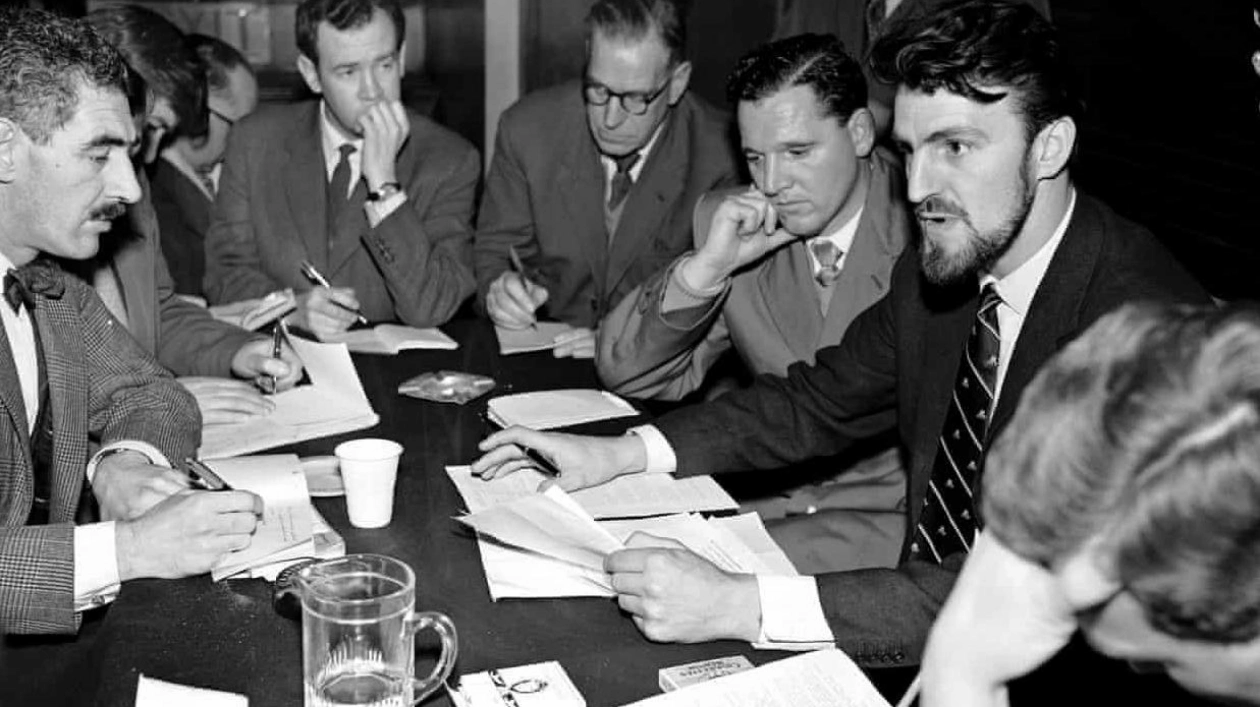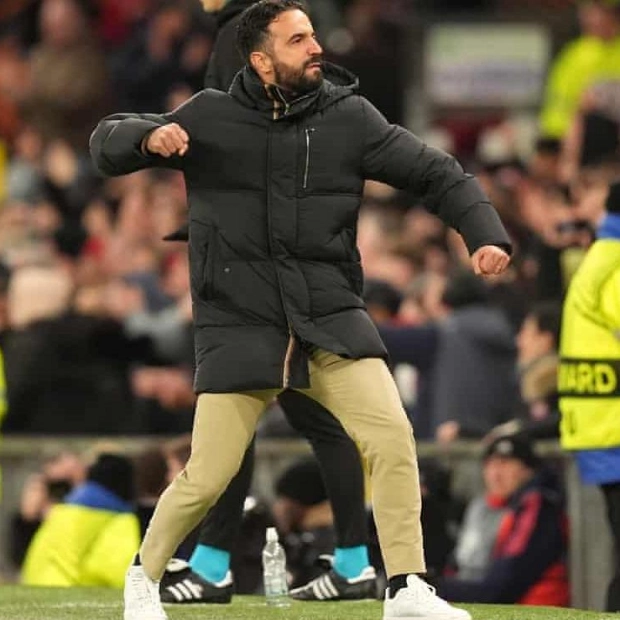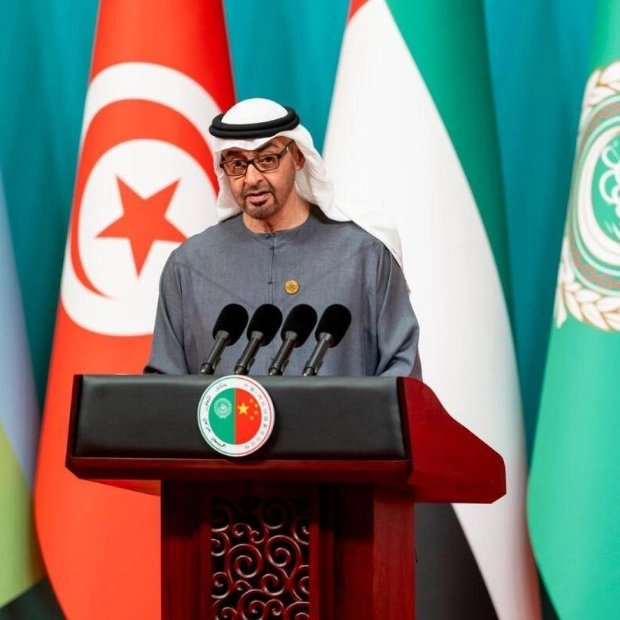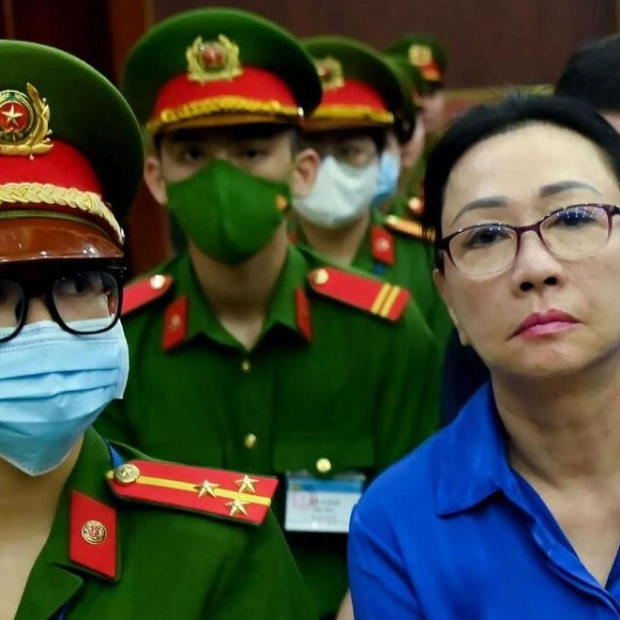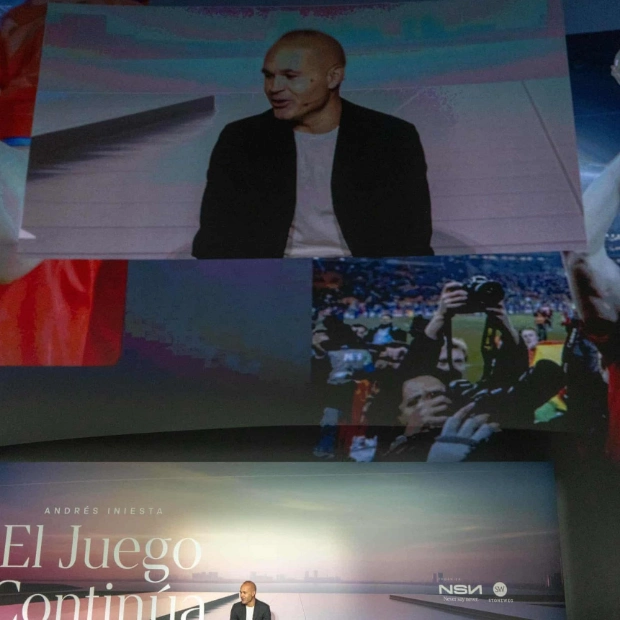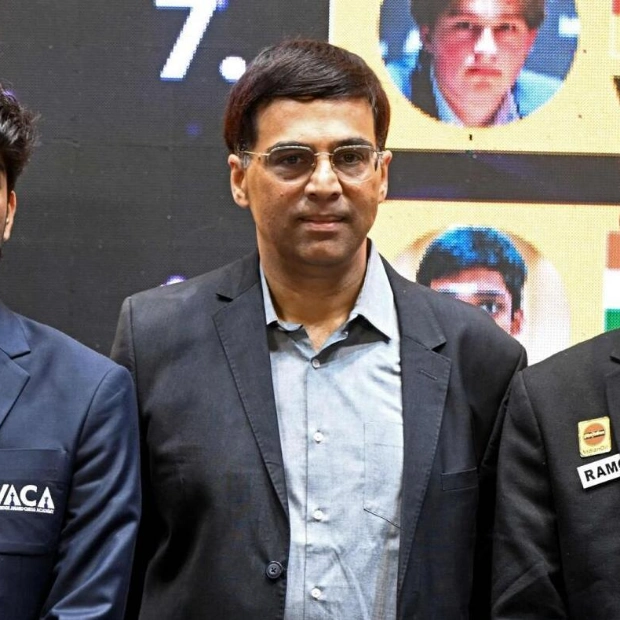As you approach the Etihad Stadium, the distant strains of The Internationale fill the air. Outside, partially hidden by banners and placards, Rodri and Erling Haaland, clad in high-vis jackets, huddle around a smouldering brazier for warmth. Locals arrive periodically with trays of hot tea and buttered scones, while passing motorists honk in solidarity. A chant rises, “What do we want?” Silence ensues for several seconds before a faint voice from the back murmurs, “Um… maybe get rid of the Carabao Cup?” Alas, this surreal vision of a footballing picket line must be curtailed. For all the suggestive headlines and bold rhetoric, this scenario is unlikely to materialize. The threat of strike action differs significantly from actual strike action, and any industrial action would likely face formidable legal challenges from competition organizers, sponsors, and broadcasters. Most critically, a strike requires three fundamental conditions: the means to organize and unite, a common cause with mass appeal, and a sense of urgency or desperation. On this scale, the Champions League footballers demanding less football are, generously, 0.5 out of three.
Additionally, a history or culture of collective action is essential, a willingness to back words with deeds. When footballers talk about “going on strike,” it often isn’t a strike at all but an individual’s attempt to secure a move to another club, typically for higher earnings. The core issue lies in uniting footballers, the world’s most popular and lucrative sport’s practitioners. Consider fixture congestion, a genuine and growing problem at the elite level. Last season, Julián Álvarez played 75 matches, Phil Foden 72, and Rodri 63, potentially missing the rest of this season due to injury. This issue primarily affects elite players on secure contracts and high wages, negotiated by top agents. A recent study by the International Centre for Sports Studies found that only 0.31% of players featured in more than 60 games a season, less than 10% in more than 40. Collective action is feasible only through a union, such as the Professional Footballers Association in England and Wales or Fifpro globally, requiring widespread participation.
Worker solidarity inherently rejects the unfettered free market, yet players advocating for strike action have thrived under it. Lower-tier players, reliant on appearance bonuses, have no real objection to the volume of football played. How do you reconcile these vastly different interests and life experiences? When elite players and coaches discuss fixture congestion, there’s an unspoken subtext. They don’t mean cutting the Champions League or Premier League but rather FA Cup replays, the Carabao Cup, and international friendlies—the genuinely redistributive parts of the football calendar that fund non-league and lower-league clubs and grassroots football. A long-term solution might involve agreements on maximum workloads and mandatory rest periods, allowing the most lucrative competitions to continue unabated.
Perhaps this approach satisfies many. But let’s dream bigger. Instead of haggling over fixture calendars and rest windows, what if footballers used their collective power to challenge the sport’s financial foundations, questioning owners who treat clubs as investment vehicles? A new financial settlement driven by star power and supported by the masses could be transformative, raising wages across the board, enabling National League midfielders to hire personal nutritionists and Women’s Super League wingers to buy homes. It could lobby governments and governing bodies, dictating the calendar rather than merely complaining about it. This vision envisions a sport with the same money but more fairly distributed, cohesive, gender-balanced, and sustainable.
However, if you’re an agent representing elite footballers, skimming profits from a sport steeped in avarice, where do your interests lie? For decades, football has been a sport driven by self-interest, tribalism, internal competition, and personal acquisition. Wage inequality has soared, and wage competition is prevalent in almost every dressing room. These are not flaws in the system but the system itself, a vision of capitalism where unequal distribution of wealth is the essence. Much could be achieved if footballers acted in concert. The Denmark men’s team refused pay raises to support their female counterparts, and collective action by women’s international players unlocked millions in bonuses from FIFA, aspiring to equalize World Cup pay by 2026-27. This would require top players to recognize that their struggle is shared. The £300,000-a-week megastar and the £300-a-week left-back, changing in an unheated room, are both trapped in the same system of exploitation. Player solidarity could be more than a surreal dream. We might get there eventually, but current trends suggest it will take time.
